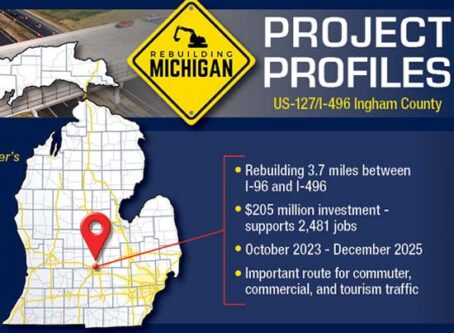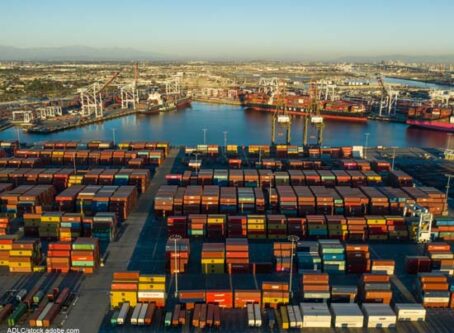OOIDA focuses on safety, impact on truckers in comments about automation
When it comes to vehicle automation the Owner-Operator Independent Drivers Association said it hopes federal regulators won’t put on “blinders and push for more technology as the answer to the trucking industry’s problems.”
OOIDA submitted its formal comments regarding the “Safe Integration of Automated Driving Systems-Equipped Commercial Motor Vehicles” to the FMCSA on Wednesday, Aug. 21.
The agency considers there to be five levels of automation from some driver assistance (Level 1) to full driving automation (Level 5).
FMCSA’s advance notice of proposed rulemaking includes about 40 questions regarding commercial driver’s license endorsements, hours-of-service rules, medical qualifications, distracted driving, safe driving, repairs and maintenance, roadside inspections, cybersecurity and confidentiality.
OOIDA said that as the technology improves, lawmakers and regulators should consider how any changes will affect the nation’s truck drivers.
“While we are still years away from fully automated trucks, decisions made today will have a significant impact on how AV technologies are deployed, and ultimately, on the livelihood of professional truck drivers and the economy at large,” OOIDA wrote in its comments signed by President and CEO Todd Spencer. “Elected officials, federal regulators and our industry partners must ensure AV policies are developed in a responsible manner that takes into account the perspective of American truckers.”
OOIDA also emphasized the potential risks to safety that autonomous vehicles could bring.
“Despite various claims that AVs will lead to zero deaths, there have been real-world situations in which automation has devastatingly failed,” OOIDA wrote.
“While AVs might improve safety under certain conditions, they create new risks with dangerous outcomes. Beyond ensuring that the Federal Motor Carrier Safety Regulations provide appropriate standards for the safe operation of AVs, FMCSA must consider unforeseen concerns and practices that might offset the potential safety, mobility and sustainability benefits from the technology.”









